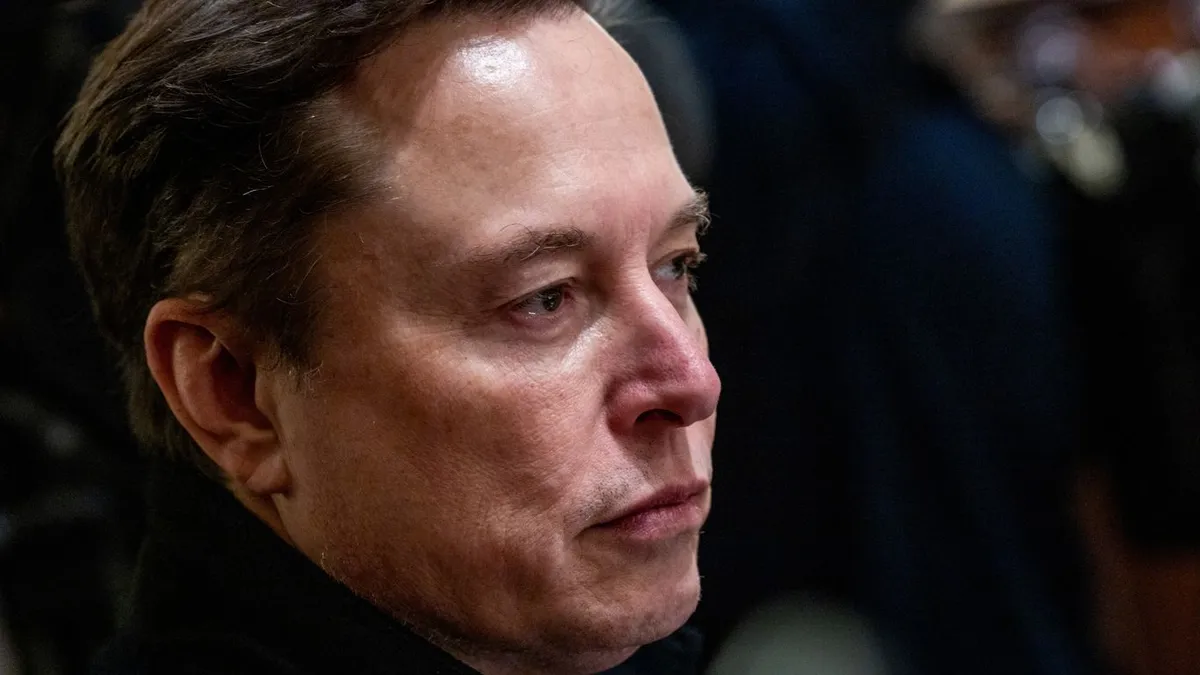
In a recent statement, Bill Gates has made headlines by accusing fellow billionaire Elon Musk of jeopardizing the health and well-being of the world's most vulnerable populations. Gates specifically pointed to cuts in USAID funding that could negatively affect children in impoverished regions. This assertion has sparked a heated debate about the responsibilities of wealthy philanthropists in addressing global issues.
During an interview, Gates elaborated on his vision for the Gates Foundation, revealing plans to close the organization by 2045. This ambitious timeline is part of Gates' broader strategy to accelerate his philanthropic efforts and focus on impactful initiatives before the foundation's eventual dissolution. He emphasized the need for increased funding to tackle pressing global challenges, especially in health and education.
In a bid to combat the effects of reduced government funding, Gates has announced a significant increase in his charitable contributions. He plans to double his giving to an impressive $200 billion. This move highlights his belief that private philanthropy can fill the gaps left by government cutbacks, particularly in critical areas like healthcare and poverty alleviation.
As part of his long-term strategy, Gates has reiterated that the Gates Foundation will conclude its operations in twenty years. This decision stems from his commitment to ensuring that his wealth is utilized effectively and responsibly. Gates aims to allocate his remaining fortune to projects that will leave a lasting impact, particularly in developing countries.
With the growing influence of technology and wealth on global health initiatives, Gates' criticisms of Musk highlight the complex interplay between innovation and philanthropy. As discussions surrounding the role of billionaires in shaping public policy continue, Gates’ initiatives serve as a reminder of the importance of sustainable funding for vital programs. The future of global health will depend heavily on the collaboration between governments and private entities to ensure that the world's poorest populations receive the support they need.
In conclusion, as Bill Gates continues to champion causes related to health and education, his ongoing dialogue with figures like Elon Musk will play a crucial role in shaping the future landscape of philanthropy and global health initiatives.